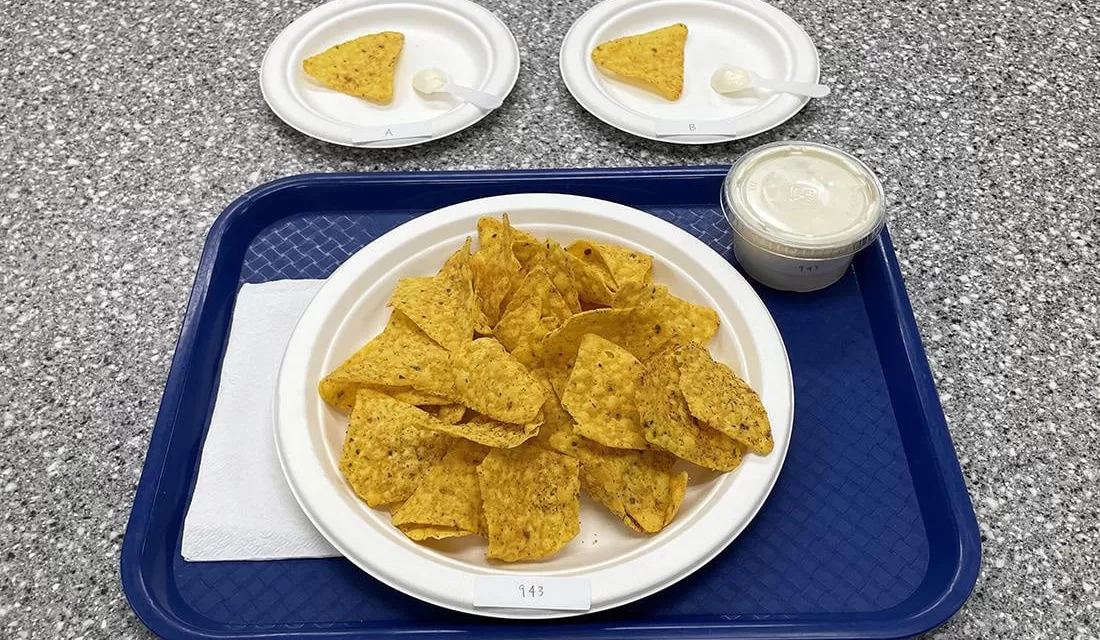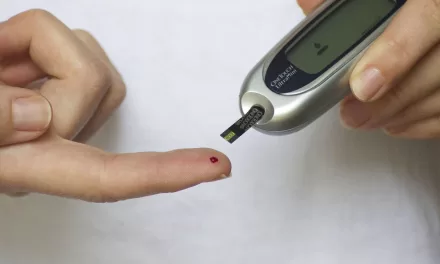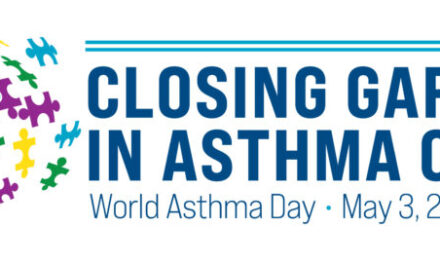The United Kingdom is set to impose a ban on junk food advertising across the internet and on daytime television in an effort to combat childhood obesity. The restrictions, scheduled to take effect on October 1, 2025, come as part of Labour’s comprehensive approach to addressing public health, led by Prime Minister Keir Starmer.
The move, which was included in the Labour manifesto that secured a decisive electoral victory for Starmer in July, is seen as a crucial step in tackling the growing problem of obesity among children. Starmer has made it clear that his government intends to prioritize prevention in its efforts to reform the crisis-ridden National Health Service (NHS).
Junior Health Minister Andrew Gwynne, in a written statement to parliament, highlighted the alarming statistics: “More than one in five children in England are overweight or living with obesity by the time they start primary school at age four or five. By the time they leave at age 11, the figure rises to more than one third.”
The ban will restrict advertisements for foods deemed too fatty, sugary, or salty before 9:00 pm on television, and will apply entirely to online platforms. “These restrictions will help protect children from being exposed to advertising of less healthy food and drinks, which evidence shows influences their dietary preferences from a young age,” Gwynne added.
This move marks the government’s latest initiative to ease the burden on the NHS, with Starmer committing to wide-ranging reforms that focus on preventive measures. Among the additional proposals is a ban on high-sugar and caffeine energy drinks for under-16s, which is aimed at curbing the consumption of unhealthy products among young people.
The ban had originally received cross-party support, with even the Conservative Party under Boris Johnson backing the initiative. Johnson, who has been open about his own struggles with weight, advocated for the policy but delayed its implementation to allow time for the food and beverage industry to adapt.
However, critics from the political right have been quick to denounce the restrictions as overreach by the government. Conservative-leaning outlets, such as the Daily Mail, criticized the measures, branding them as evidence of an emerging “nanny state” under Starmer. The newspaper’s front-page headline on Friday read, “Nanny Starmer’s ban on junk food ads ‘to save NHS’,” echoing concerns that such regulations infringe upon personal freedoms.
Despite this opposition, health advocates and experts have welcomed the government’s action. The Centre for Young Lives, a children’s think-tank, urged officials to push forward with their health agenda, calling for an expansion of sugar taxes, a ban on energy drink sales to minors, and the introduction of a national supervised toothbrushing program in schools.
The UK government’s decision reflects a growing recognition of the long-term impact of childhood obesity on public health. With rates continuing to rise, the government aims to reduce exposure to unhealthy products and promote better dietary habits among the nation’s youth. As these policies roll out, their effectiveness in mitigating the strain on the NHS and improving children’s health will be closely monitored.












